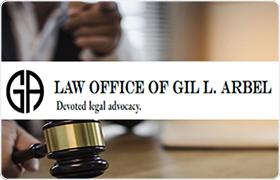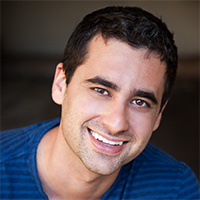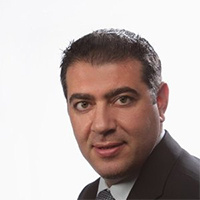San Fernando DUI-DWI Lawyer, California
Sponsored Law Firm
-
 x
x

Click For More Info:
-
Law Office of Gil L. Arbel
28541 Conejo View Dr. Agoura Hills, CA 91301» view mapCriminal Defense Law Devoted Legal Advocacy
At the Law Offices of Gil L. Arbel, we understand that legal matters can be intimidating and complicated, which is why it is crucial to take an informed approach.
800-961-3980
Azad Jingozian
✓ VERIFIEDCar Accident, Wrongful Death, DUI-DWI, Motorcycle Accident
Mr. Jingozian has an extensive background in criminal law, focusing on white-collar offenses, including misdemeanor infractions and felony crimes such... (more)
Michael M. Levin
Criminal, DUI-DWI, Felony, White Collar Crime, Misdemeanor
Status: In Good Standing Licensed: 29 Years
FREE CONSULTATION
CONTACTGarret Weinrieb
Felony, Misdemeanor, DUI-DWI, White Collar Crime
Status: In Good Standing Licensed: 21 Years
FREE CONSULTATION
CONTACTFREE CONSULTATION
CONTACTNicholas Maurice Rosenberg
Misdemeanor, Felony, DUI-DWI, Criminal
Status: In Good Standing Licensed: 20 Years
Alan Kessler
DUI-DWI, Criminal, Slip & Fall Accident, Personal Injury
Status: In Good Standing Licensed: 55 Years
FREE CONSULTATION
CONTACT Gil L. Arbel Agoura Hills, CA
Gil L. Arbel Agoura Hills, CA Practice AreasExpertise
Practice AreasExpertise

